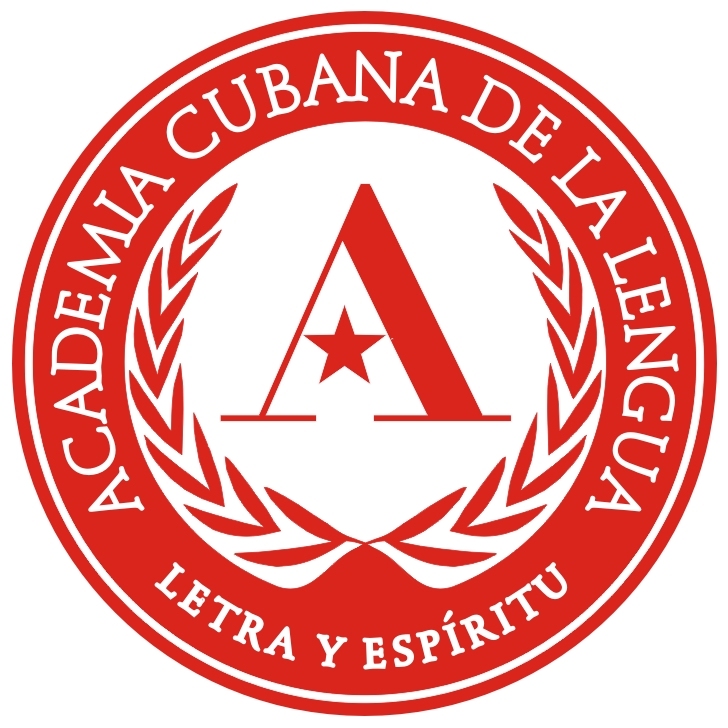The Cuban Academy of the Language is one of those institutions that tend to make little noise, go almost unnoticed, serve years without anyone knowing. It is not media, to use a buzzword. The foregoing is relevant because this May 19, 2021, the 95th anniversary of the founding in Havana of the Cuban Academy of the Language is commemorated and celebrated, and the event, as almost always happens, "threatens" to go unnoticed, to which we refuse from the digital pages of Cubaliteraria .
The Cuban is not one of the oldest on the continent, nor is it the most recent. However, it is significant that ours was created on May 19, 1926, although it was not until October that its members met for the first time in Havana. The main and founding positions were held by Enrique José Varona, Fernando Ortiz and Antonio L. Valverde, as director, vice director and secretary respectively. The event had an impact on the press at that time, and has been significant since then as a unifying and guiding element of the Cuban variant of Spanish as well as its contribution to the enrichment of this language in Cuba. It had an itinerant character for a long time, it lacked a fixed venue for its meetings, initially using Varona's home, later it would occupy other venues, But despite suffering financial difficulties and lack of support, he did not cease in his functions. Dulce María Loynaz's home, at 19 y E, Vedado, would constitute one of the most sustained headquarters over time. Finally, in January 2010 it was established with the required conditions, in the Santo Domingo Building, in the Historic Center of the City.
The Cuban Academy was the thirteenth established in Spanish-speaking countries, followed by Colombian, Ecuadorian, Mexican, Salvadoran, Venezuelan, Chilean, Peruvian, Guatemalan, Uruguayan, Costa Rican, Filipino and Panamanian. After ours, the Paraguayan, Bolivian, Nicaraguan, Dominican, Honduran and Puerto Rican were founded. There is also an Argentine Academy of Letters, among whose functions are those of collaboration and exchange with the Royal Spanish Academy of Language. In the United States there is also an Academy that preserves the language and represents the linguistic interests of the millions of Spanish speakers who, coming from different latitudes, add to the cultural and lexical heritage of that nation.
Some improperly impute "guilt" and responsibility for the Spanish we speak (that is good , that is bad , that is regular ), when the truth is that - and we only have to listen carefully to movies or read literature - that It is spoken in Spain and the Spanish-American nations are not exactly "superior" to ours, which has, like all its peculiarities. The Academy is nothing but the governing body, not taxation, far from it. In addition, it is made up of intellectuals of such worth that it is an honor to belong to it.
Although the function of each and every one of the Academies is similar, in the case of the one that concerns us it functions in the manner of a well-coordinated information system on lexical news already established in the country, being one of the sources that allows the renewal and enrichment of the language through new voices or neologisms that the Royal Academy will later have to sanction or not.
Our language, coming from Spain, is today as mixed-race as our peoples, as diverse and rich as our nations, but as unifying as it needs to continue to be in order to express and understand ourselves as neighbors and brothers of a region, of a continent, or of a world. in which the Spanish language has an increasing importance.
Ninety-five years old give our Language Academy enough age to accept it as an indispensable support in all efforts to speak better ... without ceasing to be Cuban or putting aside our norm, the one that identifies us.


Deje un comentario